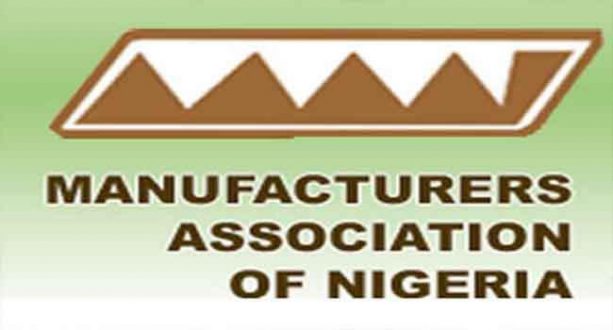The Federal Government has introduced an excise duty of N10 per litre on all non-alcoholic, carbonated and sweetened beverages. Excise duty is a form of tax imposed on the production, licensing and sale of goods.
The Minister of Finance, Budget and National Planning, Zainab Ahmed, said this during the public presentation of the 2022 budget breakdown on Wednesday in Abuja.
According to her, the new policy introduced is in the Finance Act signed into law by President Muhammadu Buhari on December 31, 2021.
She said: “There’s now an excise duty of N10 per litre imposed on all non-alcoholic and sweetened beverages. And this is to discourage excessive consumption of sugar in beverages which contributes to a number of health conditions including diabetes and obesity. But it is also used to raise excise duties and revenues for health-related and other critical expenditures. This is in line also with the 2022 budget priorities.”
However, the Manufacturers Association of Nigeria (MAN) has warned that new tax imposed on carbonated drinks would be counter-productive. MAN had commissioned a report detailing the effects of reintroducing excise duty on carbonated drinks and warned that it would be counterproductive and lead to revenue loss for the government.
The report, titled: ‘key considerations against excise on non-alcoholic beverages’, projected that the government might collect N81bn revenue from excise duty on carbonated drinks between 2022 and 2025, but lose N197bn within the same period from other taxes, such as Value Added Tax and Company Income Tax from the manufacturers of soft drinks.
The report added that introducing excise duty would cause the beverage sub-sector of the food and beverage industry to lose up to N1.9tn in sales revenue between 2022 -2025, due to the imposition of the new taxes with simultaneous adverse effects on jobs and supply chain businesses.
The Director-General of MAN, Segun Ajayi-Kadir, that “the introduction of excise duty of N10/litre on non-alcoholic, carbonated and sweetened beverages, despite its potential overwhelming negative impact is rather unfortunate.”
He stressed that the excise duty tax would affect the sub-sector, which has contributed significantly to the economy and taxes, despite the debilitating effects of naira devaluation, inadequacy of forex, and the COVID-19 pandemic.
He added that the government’s revenue aspirations might not be realised in the long run. “The revenue aspirations of the government in introducing this excise may not be justified in the long run. Let us look at it this way. The government is estimated to generate an excise tax of N81bn between 2022 and 2025 from the group. This will not be sufficient to compensate the corresponding government’s revenue losses in other taxes from the group.”
He also said the move might lead to employee salary reduction, retrenchment, and general increase in prices of goods. This, he said, might put the products out of the reach of the poor segments.



